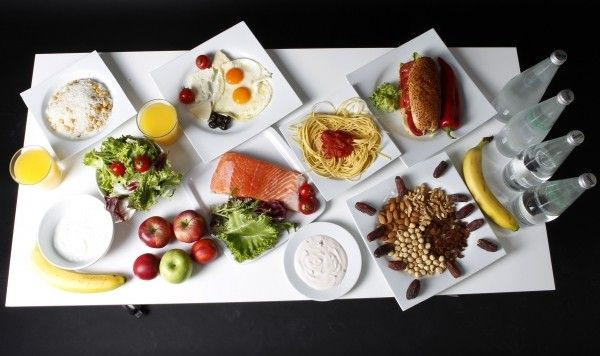Paleo Diet Comes In Second To Worst Diets Of 2014 After Urine Therapy: British Dietetic Association

A list of top 5 celebrity diets that could be avoided in 2015 was released by the British Dietetic Association. BDA revealed that urine therapy was the number one diet to avoid, and second came the paleo diet, followed by the sugar-free diet, the VB6 diet and the clay cleanse diet.
According to news.com.au, urine therapy was a practice of drinking one's own urine for the purposes of cosmetic or medical wellbeing. The diet was endorsed by Bear Grylls, a British adventurer, writer and television presenter.
The paleo diet involves absolutely no processed foods, grains, legumes, dairy or sugar. The book The Paleo Chef by Pete Evans became bestseller and it was also the most Googled diet in 2013.
Paleo diet is a diet that is similar to what cave men used to eat. A spokeswoman for the Dieticians Association of Australia said that one has to realise that the average age of cave men was 25 years old. She explained that if the diet did support them, it was not going to support the people living now, especially taking into fact that our life expectancy is into the 80s.
She said that everyone seemed to be looking for a magical solution and were going down the part of ridiculous unproven claims for the purpose of trying to lose weight. She added that when one is not successful in achieving it, it leads to the growth of obesity.
The sugar-free diet was made popular by Sarah Wilson and the VB6 diet involves eating only vegan food before 6 pm everyday. The clay cleanse diet involves drinking clay.
Sian Porter, the spokeswoman for BDA, said that the organisation received a lot of inquiries regarding various kinds of diet which ranges from weird to downright dangerous. She said that one of the diets that was inquired about was called the breatharian diet. According to the diet, people live on fresh air and sunlight alone.
She said that usually fad diets came at a cost. She explained that first and foremost, it could cost one's health if the diet was followed for a period of time, and secondly, the books, products, memberships or online services that accompany the diet also added up. She added that if something is too good to be true, it probably is.




















